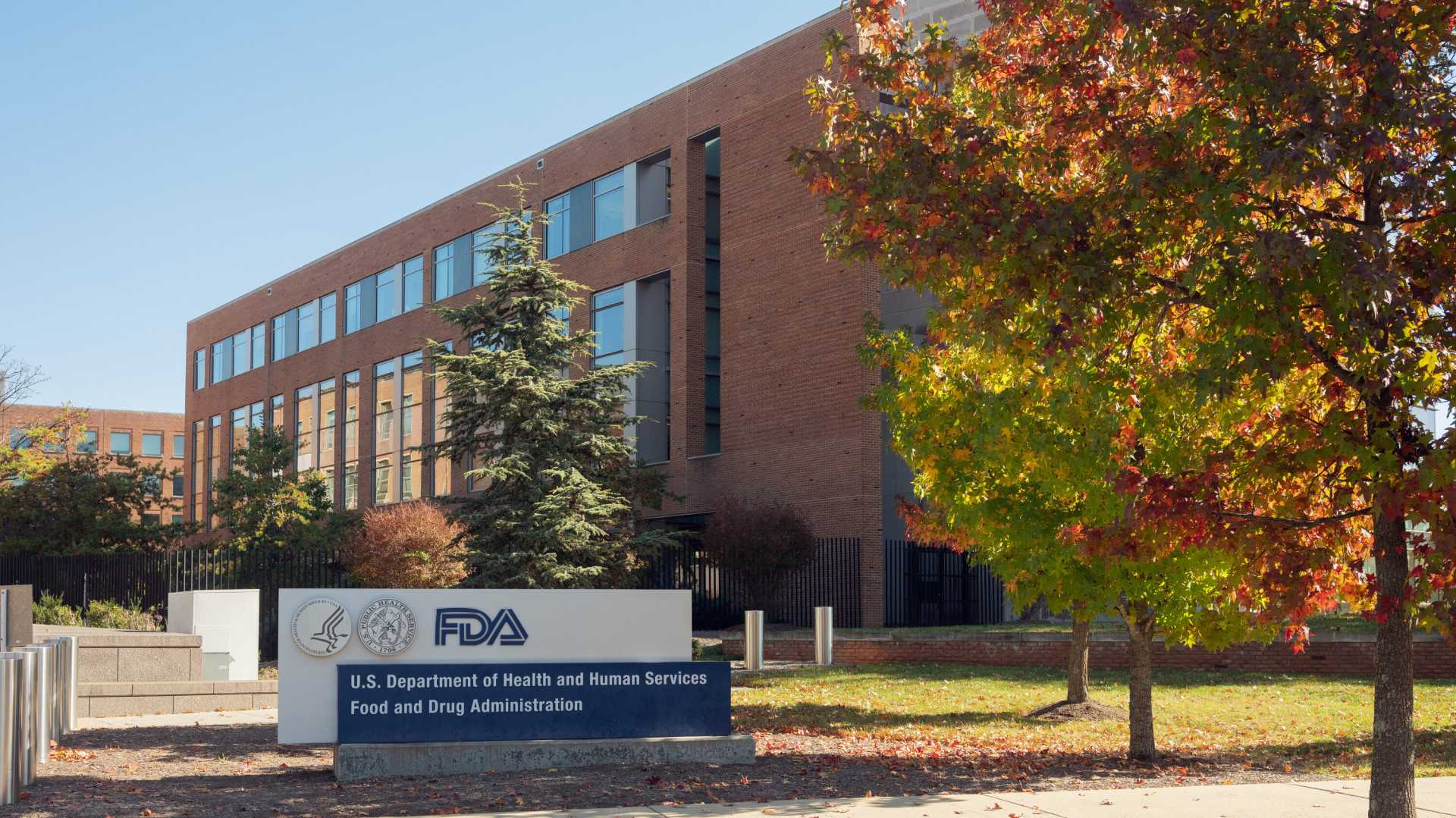Health
Massive Layoffs at HHS Spark Fears for Public Health Safety

WASHINGTON, D.C. — The Trump administration announced sweeping layoffs at the Department of Health and Human Services (HHS) on Tuesday, impacting thousands of employees as part of a restructuring effort aimed at reducing the department’s workforce by 25 percent.
HHS Secretary Robert F. Kennedy Jr. revealed the layoffs, which he described as a necessary step towards making the department more efficient. However, many in the public health community expressed concern over the potential fallout from the drastic cuts. The layoffs, including 2,400 positions at the Centers for Disease Control and Prevention (CDC) and 1,200 at the National Institutes of Health (NIH), are seen as threatening the infrastructure vital to combatting disease outbreaks and ensuring public health safety.
“We’ve had a lot of devastating days, but this really is unfathomable,” said Dr. Jonathon Armstrong, director of infectious diseases at the University of Colorado and vice president of the CDC. He warned that the cuts would severely affect the nation’s capacity to manage infectious disease outbreaks and protect public health.
The CDC, which initially employed approximately 12,000 staff members, will face significant challenges to its operations and effectiveness following such a reduction. Armstrong remarked, “It’s astounding and will affect patients with all kinds of infections. Americans will suffer, and people will die, and that’s a horrible thing to see coming.”
NIH, recognized as a global leader in medical research funding, has also faced significant reductions in its workforce, drawing criticism from experts who claim such cuts jeopardize the nation’s standing in scientific innovation. “Dismantling it will not make America great, but undercut our position as the world’s leader in science,” warned Dr. Ezekiel Emanuel, a well-known oncologist and former White House advisor. “Diseases will not be cured, and treatments will not be found.”
As the sweeping layoffs began, other leaders within the HHS echoed similar sentiments. Dr. Scott Gottlieb, former FDA commissioner, criticized the move as potentially unraveling important reforms to speed up drug approvals and stifling innovation within the healthcare sector.
The legality of this mass reduction remains a topic of debate, particularly in light of potential violations of the Administrative Procedure Act, according to experts in constitutional law. Georgetown Law professor Philip Super noted the drastic action taken by the administration was unlikely to be a good-faith effort to accomplish the statutory purposes assigned to the layers of public health agencies.
Moreover, the layoffs affected numerous smaller agencies historically viewed as bipartisan, including those focusing on mental health and addiction services. These office closures present further challenges to already vulnerable populations that rely on government support for chronic conditions.
In a notable and potentially devastating cut, staff responsible for administering the Low-Income Home Energy Assistance Program (LIHEAP) were let go, raising concerns about program sustainability and service delivery. Mark Wolfe, executive director of the National Energy Assistance Directors Association, warned that the cuts could bring critical energy assistance programs to a standstill.
The response from the health community has been swift, with many advocates and public policymakers expressing outrage at the potential for long-term impacts on public health outcomes. “This is generations of expertise that is being lost,” Armstrong stated, reflecting on the ramifications for the future of public health officials and researchers.
As the administration moves forward with this radical restructuring, experts emphasize the urgency for effective action to address ongoing public health challenges, including recent outbreaks of measles and avian flu, which currently threaten the nation. “The HHS secretary needs to be getting regular briefings from subject-matter experts at CDC,” said Kevin Griffis, former communications director at the CDC. “But it doesn’t appear to be happening.”












